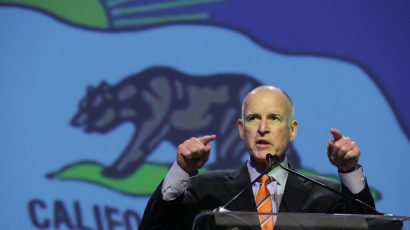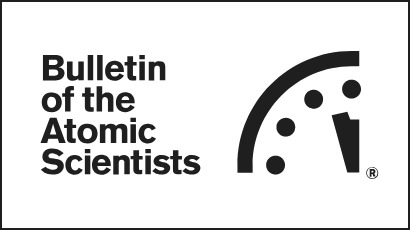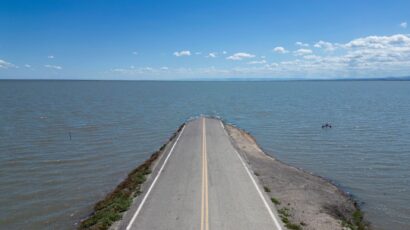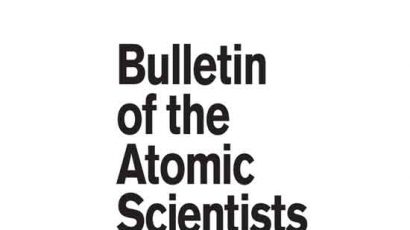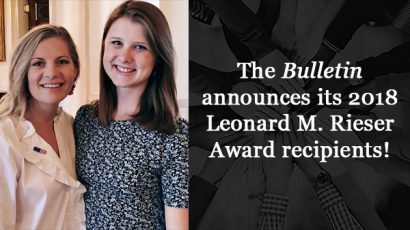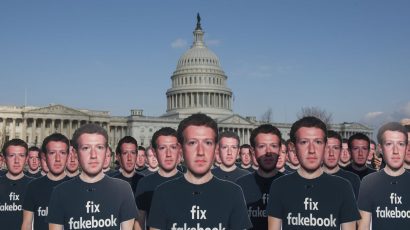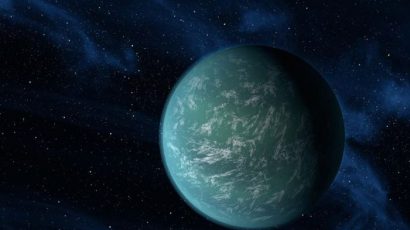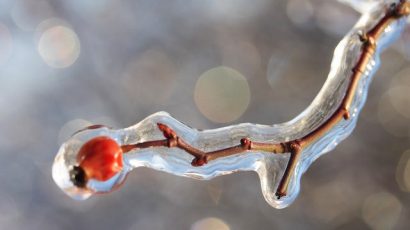Search results for
Making sense of your climate-denying cranky uncle
Critical thinking can help get you through Thanksgiving
How an obscure atmospheric phenomenon causes catastrophic flooding in California
Incorporating the Madden Julian Oscillation into weather forecasting could give communities more time to prepare for extreme precipitation.
How Russia, China, and other governments use coronavirus disinformation to reshape geopolitics
The internet is awash in politically motivated COVID-19 disinformation. One category of pandemic lies seeks to affect the near-term, to denigrate one politician or faction. Another category is of the lies that seek to set the conditions for arguments over the long-term, to change the shape of the geopolitics.
We’re hiring!
The Bulletin of the Atomic Scientists is growing! We’re announcing four new support positions: Arts Science Initiative Coordinator, Communications Coordinator, Development Coordinator, and Grants Writer.
We’re hiring!
The Bulletin of the Atomic Scientists is pleased to announce two new positions: Multimedia Editor and Executive Assistant.
We’re hiring!
The Bulletin of the Atomic Scientists is pleased to announce two new positions: Multimedia Editor and Executive Assistant. POSITION DESCRIPTION, MULTIMEDIA EDITOR Reporting to the Editor in Chief, the Bulletin’s new multimedia editor will be a quality public-interest journalist with training and experience in the full array of techniques and software used to present information … Continued
The Bulletin announces its 2020 Leonard M. Rieser Award
“Quantum computing will have an impact on national security, just not in the way that some of the policy community claims that it will.” The Bulletin of the Atomic Scientists has named Jake Tibbetts as its 2020 Leonard M. Rieser Award recipient for his February 11 essay “Keeping classified information secret in a world of quantum computing.” The article was selected … Continued
Announcing the Bulletin’s 2019 Rieser Award
“We strike because our world leaders haven’t acknowledged, prioritized, or properly addressed the climate crisis.” The Bulletin of the Atomic Scientists has named Haven Coleman as its 2019 Leonard M. Rieser Award recipient for her contributions to a March 7 essay “Adults won’t take climate change seriously. So we, the youth, are forced to strike.” The article was selected … Continued
Congratulations to the 2018 Rieser Award recipients!
The Bulletin announces its 2018 Leonard M. Rieser Award! “We expected students in colleges and high schools near Manhattan Project sites to have some foundational knowledge of nuclear weapons, their history, and current issues. We were wrong.” The Bulletin of the Atomic Scientists has named Erin Connolly and Kate Hewitt its 2018 Leonard M. Rieser Award recipients for their June 11 essay “American students aren’t taught … Continued
William J. Perry, former Secretary of Defense, to deliver opening remarks
Reserve your space for the Bulletin of the Atomic Scientists’ 2017 Annual Dinner and Meeting on November 6th at the University Club of Chicago! OPENING REMARKS — hear from former United States Secretary of Defense William J. Perry, celebrated author, and member of the Bulletin’s Board of Sponsors. Keynote speaker David E. Sanger is National … Continued
Why Facebook, YouTube, and Twitter are bad for the climate
Willingly or not, giant social-media platforms spread climate misinformation and undercut climate science.
Kerwin Charles joins the Governing Board of the Bulletin of the Atomic Scientists
The Bulletin of the Atomic Scientists is delighted to announce that Kerwin Charles has joined the Governing Board. Charles is the Edwin A. and Betty L. Bergman Distinguished Service Professor and former interim Dean at the University of Chicago Harris School of Public Policy. He holds a master’s degree and a doctorate from Cornell University, … Continued
Bulletin of the Atomic Scientists’ Special Issue: Nuclear Energy in the Middle East
For immediate release: January 15, 2016 Bulletin Media Contact: Janice Sinclaire, [email protected] CHICAGO– January 15, 2016 – The nuclear agreement that Iran and six major world powers signed in 2015 has focused attention on Middle Eastern nuclear politics. But as the Bulletin of the Atomic Scientists’ Executive Editor and Publisher, Rachel Bronson, observes, that deal … Continued
Bulletin of the Atomic Scientists Names Rieser Award Recipient
For Immediate Release: December 9, 2015 Bulletin Media Contact: Janice Sinclaire, [email protected] CHICAGO – December 9, 2015 – The Bulletin of the Atomic Scientists has named Moritz Kütt its first annual Leonard M. Rieser Award recipient. The Rieser Award was established in order to recognize outstanding emerging science and security experts who are passionate about connecting scientific … Continued
Conservative lawmakers have climate change education in their scopes
Ten states recently saw legislation introduced by conservative legislators to hobble efforts to teach climate science in public schools. What gives?
Did climate change destroy the aliens?
When it comes to the likelihood of life surviving long enough to develop into an intelligent form and achieve long-distance space travel, it takes a lot to stay ahead of the odds in a tough game where the house almost always wins. And self-inflicted climate change makes those odds worse.
Combating climate change with ammonia-fueled vehicles
Running vehicles on ammonia could reduce carbon dioxide emissions to levels far below those achieved by other alternative fuels, such as natural gas or ethanol derived from corn.
Six memorable climate change pieces from 2018
An entirely unscientific sampling.
